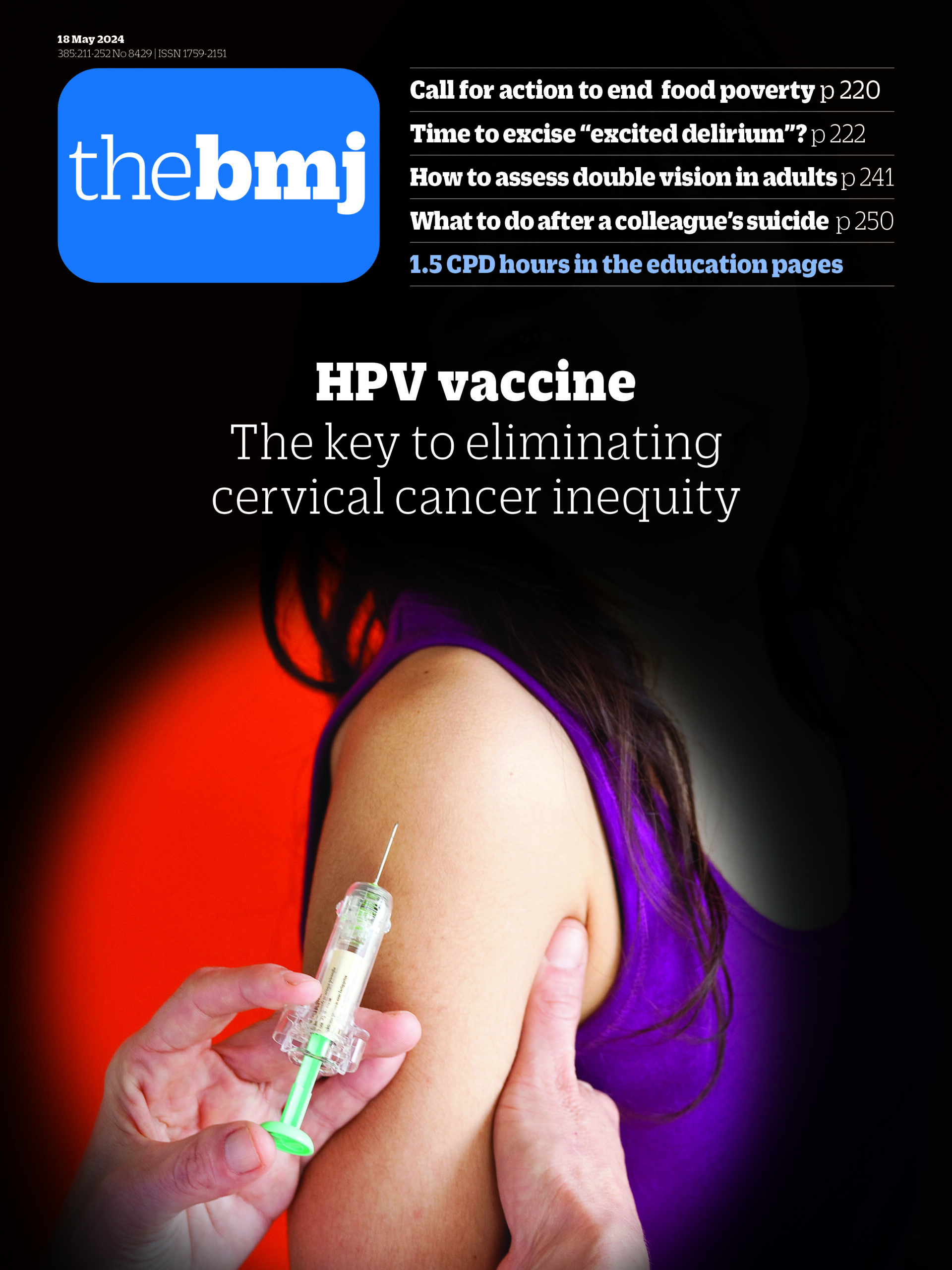Insurance expansions under the Affordable Care Act (ACA) were linked with an increase in patients receiving care at accredited cancer hospitals in Pennsylvania, according to a study published in Health Services Research by University of Pittsburgh researchers.
“There’s evidence that when people get treatment for cancer at accredited facilities specializing in cancer care, they tend to have better outcomes,” said senior author Lindsay Sabik, Ph.D., associate professor and vice chair for research in the Department of Health Policy and Management at the Pitt School of Public Health and member of the Biobehavioral Cancer Control Program at UPMC Hillman Cancer Center. “Our findings suggest that ACA insurance expansions make a difference for increasing access to care at these centers.”
Before the ACA, about one in five Americans aged 26 to 64 lacked health insurance, according to Sabik. The legislation was passed in 2010 to help address this gap, but it wasn’t until 2014 that its various provisions—including expansion of Medicaid eligibility to anyone with an income up to 138% of the federal poverty level, the establishment of a health insurance marketplace and ensuring health insurance policies had minimum essential coverage—were all in effect.
And although the Medicaid expansion was initially written as a national policy, the U.S. Supreme Court later ruled that states could choose whether to expand their Medicaid programs. To date, 40 states, including Pennsylvania, have adopted the Medicaid expansion and 10 have not.
To investigate whether the ACA affected patient access to accredited cancer hospitals—which include National Cancer Institute-designated Comprehensive Cancer Centers (NCI-CCCs) and those with American College of Surgeons Commission on Cancer (CoC) accreditation—in Pennsylvania, Sabik and her team compared pre- and post-ACA time periods of 2010-2013 and 2014-2019.
They used the Pennsylvania Cancer Registry to identify patients aged 26 to 64 who received surgery as part of their initial treatment for lung, prostate or colorectal cancer.
Because the registry does not include individual patients’ incomes or insurance eligibility, the researchers used statewide data to identify patients who lived in areas with high rates of uninsurance in the pre-ACA period, reasoning that these people would be more likely to receive insurance benefits through the ACA.
By comparing the percentage of these high baseline uninsured patients who received treatment at accredited hospitals to patients in areas with low uninsurance rates, the researchers tried to account for other factors beyond the ACA that may drive where patients receive care.
There was an increase of 6.2 percentage points in patients from high baseline uninsurance areas receiving care at NCI-CCCs after the ACA.
Just three hospitals in Pennsylvania, including UPMC Hillman Cancer Center, are NCI-CCCs, while 56 centers—including the three with NCI designation—have CoC accreditation.
Analyzing patients who received care at CoC-accredited hospitals, the researchers found that there was an increase of 3.9 percentage points after the ACA, but it was not statistically significant.
“Although the ACA is over 10 years old, our findings are relevant because there are continued policy debates about further expanding Medicaid and Medicare and, on the flip side, some policymakers want to roll back elements of the legislation,” said Sabik. “For states that have not yet expanded Medicaid, our study suggests that this is important for improving access to high quality cancer care.”
Other authors on the study were Youngmin Kwon, Ph.D., Coleman Drake, Ph.D., Jonathan Yabes, Ph.D., Manisha Bhattacharya, M.D., M.B.A., Zhaojun Sun, Ph.D., and Bruce L. Jacobs, M.D., M.P.H., all of Pitt, and Cathy J. Bradley, Ph.D., of the University of Colorado and the Colorado School of Public Health.
More information:
Lindsay M. Sabik et al, Impact of the Affordable Care Act on access to accredited facilities for cancer treatment, Health Services Research (2024). DOI: 10.1111/1475-6773.14315
Citation:
Affordable Care Act expansions improved access to cancer care, study suggests (2024, May 4)
retrieved 4 May 2024
from https://medicalxpress.com/news/2024-05-expansions-access-cancer.html
This document is subject to copyright. Apart from any fair dealing for the purpose of private study or research, no
part may be reproduced without the written permission. The content is provided for information purposes only.










